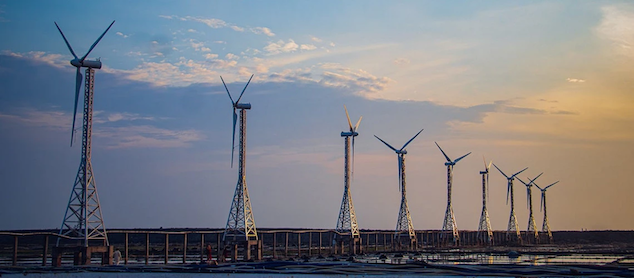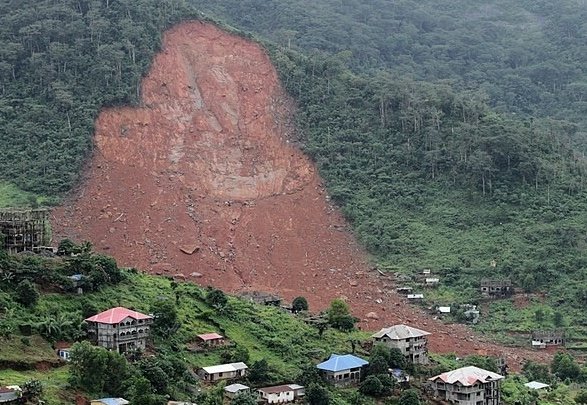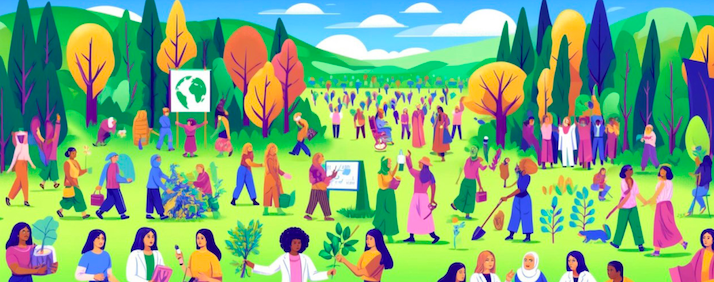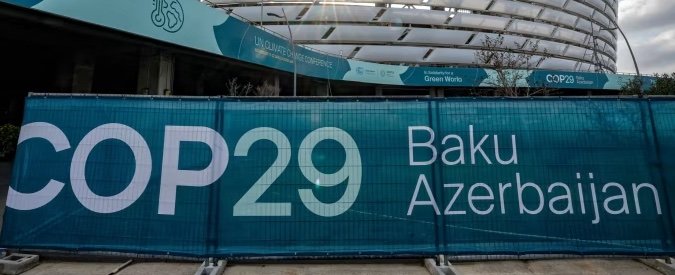AfDB’s Blueprint On Climate Action Gains Traction
 Wind Mill
Wind Mill
The African Development Bank (AfDB)’s 10- year strategy to combat climate change and biodiversity loss has gained traction. The blueprint which officially got adopted in May 2024, was the focal point of discussions at the just concluded United Nations Climate Change Conference (COP 29) held in Baku, Azerbaijan with stakeholders acknowledging its comprehensive approach to sustainable development in Africa.
At a round-table event titled 'Africa's Green and Inclusive Future: Climate and Biodiversity Solutions in the African Development Bank's Ten-Year Strategy,' Caroline Kende-Robb, Senior Director of Strategy and Operational Policies at AfDB, underscored the vision for a “prosperous, inclusive, resilient and integrated Africa.” The strategy identifies climate resilience and biodiversity protection as critical elements under its five cross-cutting pillars.
Kende-Robb noted, “The Ten-Year Strategy builds on the Bank's Climate Change and Green Growth Strategic Framework, aims to harness climate finance at sufficient scale and speed through resources, partnerships, and commitments to advance green economy value chains.” This proactive approach aims to capitalize on Africa's abundant potential in sectors such as renewable energy, sustainable agriculture, waste management, and carbon trading.
The Policy and Partnerships Manager for Africa at the World Wide Fund for Nature (WWF), Durrel Halleson commended the strategy for inclusivity. Highlighting its incorporation of biodiversity—cited six times within the document he remarked, “This shows the progress made by the Bank.” The WWF has actively collaborated with the AfDB since 2010 on numerous initiatives aligned with the Bank's operational priority framework known as the 'High 5s.'
By securing financial support for climate action, Robin Mearns, Global Director for Social Development at the World Bank Group, acknowledged the significance of AfDB’s new strategy in addressing Africa’s pressing challenges, particularly the need for robust investments in climate adaptation and mitigation efforts. With Africa requiring an estimated $2.7 billion for climate action by 2030—a goal hindered by the current reality of receiving only three percent of necessary funding, the need for expanded partnerships with multilateral development banks is clear.
Mearns emphasized the importance of equitable funding distribution, noting that only 17% of climate financing reaches local communities. “It is vital to position people and communities at the heart of all climate action,” he asserted, calling for participatory methods in financing and planning climate initiatives. Al-Hamndou Dorsouma, Acting Director of Climate Change and Green Growth at AfDB, expressed optimism about enhancing countries' capacity to access climate finance. Noting that the bank has already raised $1.3 billion for global climate finance between 2021 and 2023, also highlighted the $25 billion program launched with the Global Center on Adaptation to accelerate climate adaptation efforts.
He presented the AfDB as the only multilateral development bank to achieve funding parity for both climate adaptation and mitigation, with 60% of financing directed toward adaptation over the past three years.
This unprecedented commitment comes with the recognition that effective climate solutions must be rooted in local knowledge. Gareth Phillips, Head of the Climate and Environment Finance Division, reiterated the importance of leveraging non-market-based funding mechanisms to ensure critical projects receive the necessary financial support.
A robust framework that aligns with global climate initiatives, the AfDB seeks to transform Africa into a beacon of sustainable development while addressing the urgent need for climate action. The institution has positioned itself at the forefront of global efforts to combat climate change and ecologically protect the continent, all the while ensuring that local voices shape the future of climate governance. As global leaders unite in Baku, the insights gathered from this discussion will prove instrumental in shaping future climate strategies and collaborations in Africa and beyond.
04-12-2024





